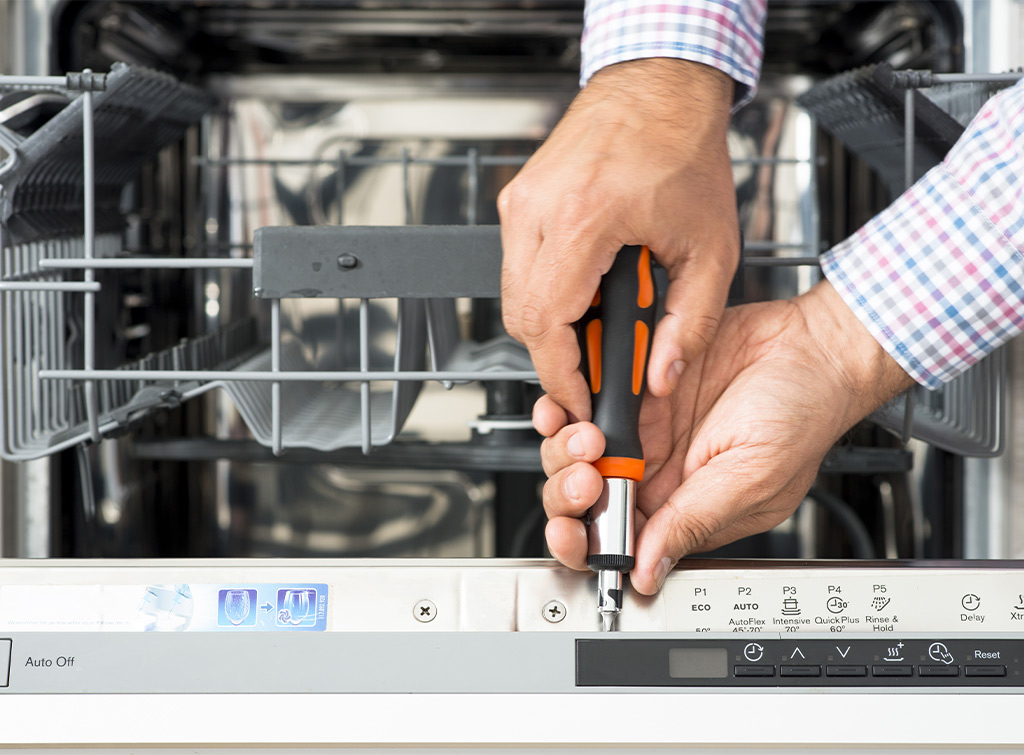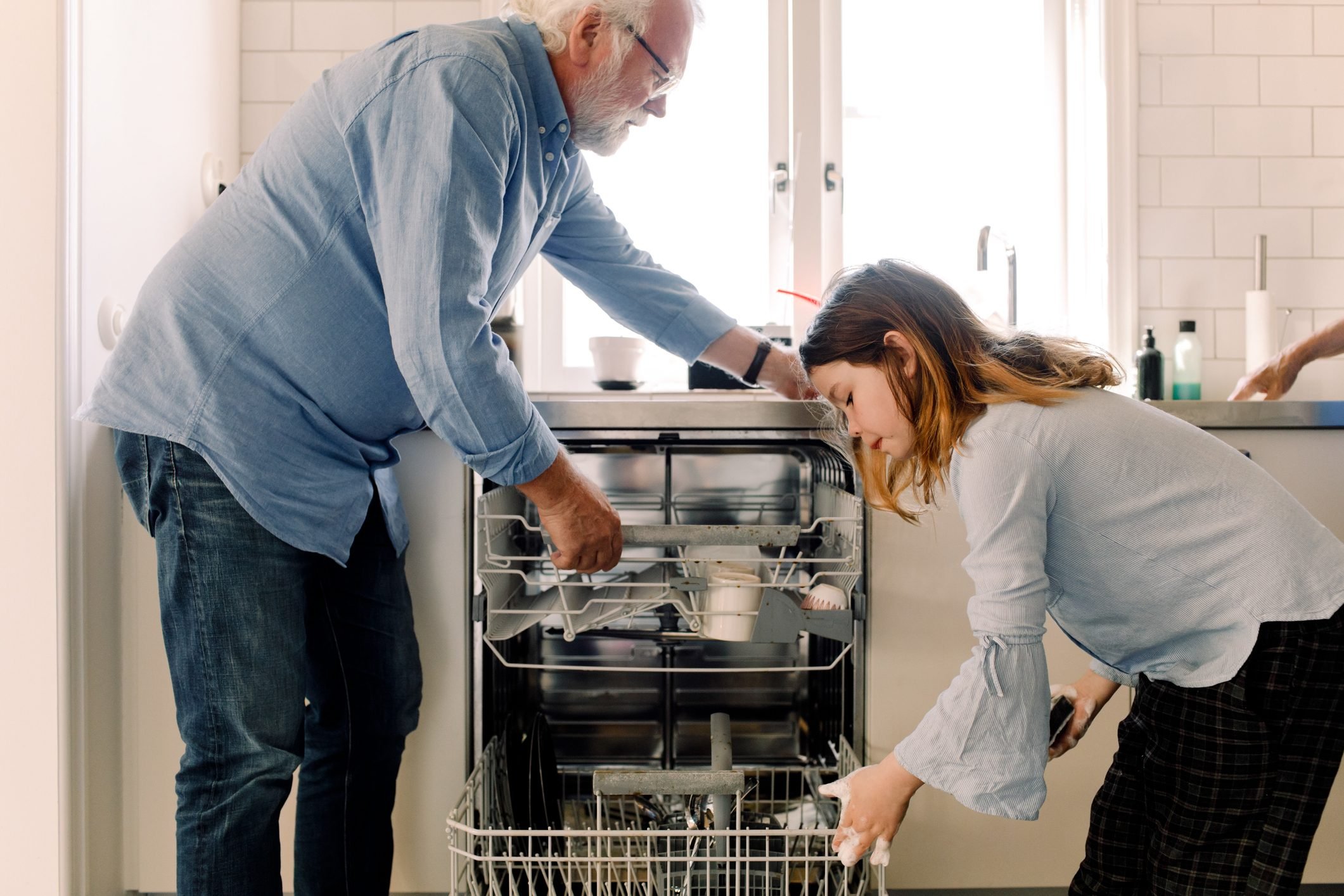Solving My Dishwasher Challenges: A Homeowner's Guide
Visit UrlWhat're your thoughts and feelings about Common Dishwasher Problems?

Having your dishwasher malfunction or breakdown can be a big deal as well as trigger some discomfort at home. Dishwashers are machines that we use to clean meals as well as flatwares automatically to conserve us the stress of manually doing it.
Like every other equipment that reduces human effort, dishwashers can break down as well as establish some fault at some point in time. There are numerous mistakes your dishwashing machine might establish, and also while some of them can be solved by replacing some parts or fixing them, other much more extreme problems will require that you get a brand-new dishwasher.
This short article will recognize a couple of common faults your dish washer can establish to hinder its general efficiency as well as how these faults can be fixed.
Common Faults
Typical dishwashing machine faults could range from minor to major ones. Depending upon the degree, you will certainly either need the services of specialist plumbing professionals to deal with or replace it.
Several of one of the most usual mistakes consist of:
Dripping Dishwasher
This is probably one of the most everyday dishwasher trouble, as well as fortunately is that it is easy to identify. Leaks occur as a result of a number of reasons, and also the leakages can make a mess of your kitchen. Usual root causes of dishwasher leaks include;
If your dishes and also flatwares appear of the dishwasher and also still look unclean or dirty, your spray arms might be a problem. In most cases, the spray arms can get clogged, as well as it will require a quick clean or a replacement to work effectively again.
Inability to Drain
Often you may notice a big amount of water left in your bathtub after a laundry. That is possibly a water drainage issue. You can either check the drain hose pipe for damages or clogs. When unsure, call a specialist to have it checked and also fixed.
This is an additional common dishwasher issue, and also it is generally brought on by food debris or grease sticking around in the device. In this situation, seek these fragments, take them out and do the recipes without any recipes inside the equipment. Laundry the filter extensively. That will certainly assist do away with the bad smell. Make certain that you remove every food bit from your recipes prior to moving it to the machine in the future.
Final thought
A few of these usual dishwashing machine mistakes can be dealt with conveniently in your home, but in some cases, the mistakes could be enormous as well as might call for the attention of professionals. If you live in Rochester, Syracuse, and other parts of America, let the professionals correctly identify what could be wrong with your dishwasher and proffer an option.
We additionally mount dishwashers if you just purchased a brand-new one or plan to change your own. With our years of experience in the sector, we make certain to provide you the very best possible services.
8 Most Common Dishwasher Problems & How to Fix Them
My Dishwasher Isn't Draining
If your dishwasher isn't draining properly, you may be having an issue with your dishwasher's drainage system. This can be caused by a variety of issues:
Clogged drain: The dishwasher's drain may be clogged with food particles or other debris. Malfunctioning pump: The dishwasher's pump is responsible for moving water through the system and out of the drain. If it's damaged or not working correctly, it could cause a drainage failure. Broken or clogged hose: The dishwasher's drain hose may be broken or clogged, causing water to back up in the system. How to Fix Dishwasher Not Draining
Check the drain for any blockages. A clogged or kinked hose will prevent water from properly draining out of the dishwasher. Use a plunger or a pipe snake to clear any debris that may be blocking the drain. Check the dishwasher's pump for damage or malfunction. Consult the manufacturer's manual or call a professional appliance repair service if you think the pump may be the issue. Check the drain hose for any damage or blockages. The hose should be straight and free of any debris or kinks. Check the drain pump filters for any blockages if the hose is clear, but the dishwasher is still not draining. Some dishwashers have filters that can become clogged with food particles or debris. Cleaning or replacing the filters may help resolve the issue. Run a dishwasher cycle to make sure the water is properly draining out. My Dishwasher Is Leaking
A leaking dishwasher can be frustrating. There are a few possible causes that you can investigate to try and diagnose the issue:
Inspect the dishwasher for any visible signs of damage or wear and tear. Look for cracks or holes in the door and around the rubber seal. Check the hoses and pipes connected to the dishwasher for any signs of leaking. If there is no visible damage, you may hear the sound of water dripping or the sound of the water pump running. This might mean a problem with the water inlet valve or the drain pump. You may also notice a puddle of water on the floor near the dishwasher. This could indicate a blocked drain hose or a faulty drain pump. Finally, check the seals around the door and the door for any signs of damage, wear and tear, or improper installation. If any of these issues are present, they must be fixed immediately to avoid further water damage. How to Fix a Leaky Dishwasher
Identify where the leak is coming from. The most common places for a dishwasher to leak include the door, hoses, and pump. If the leak is coming from the door, the gasket or seal may need to be replaced. If the leak is from the hose or pump, the damaged parts should be replaced with new ones. Finally, check all the connections and make sure they are secure and not leaking How to Fix a Dishwasher That Won't Start
The perfect remedy for a dishwasher that won't start is confirming all the components are in perfect working order and that the wiring is in good condition. Next, inspect the motor and replace it if necessary.
If these steps do not resolve the problem, contact a professional appliance repair technician to diagnose and fix the issue.
Conclusion
Most dishwashers are reliable appliances with a long lifespan. As with all devices, checking your dishwasher regularly will help you quickly identify any issues and ensure that it is running efficiently.
And if you're in the market for a new dishwasher, don't let dishwasher problems ruin your day. Upgrade to a reliable, efficient model today! Check out our full selection of top-quality dishwashers that includes a range of styles and features to suit any budget and household needs.
https://www.coastappliances.ca/blogs/learn/common-dishwasher-problems

I was shown that editorial about The Most Common Dishwasher Problems from an acquaintance on our other web property. Kindly take a moment to promote this blog if you liked it. Thanks for taking the time to read it.
Go Deal Now